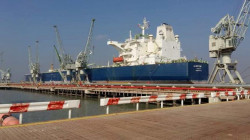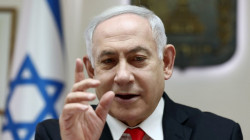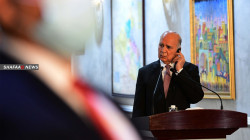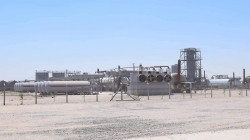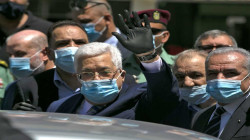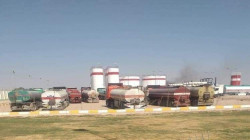UAE-led Pearl Petroleum consortium in Kurdistan gets $250 mil US loan for gas project
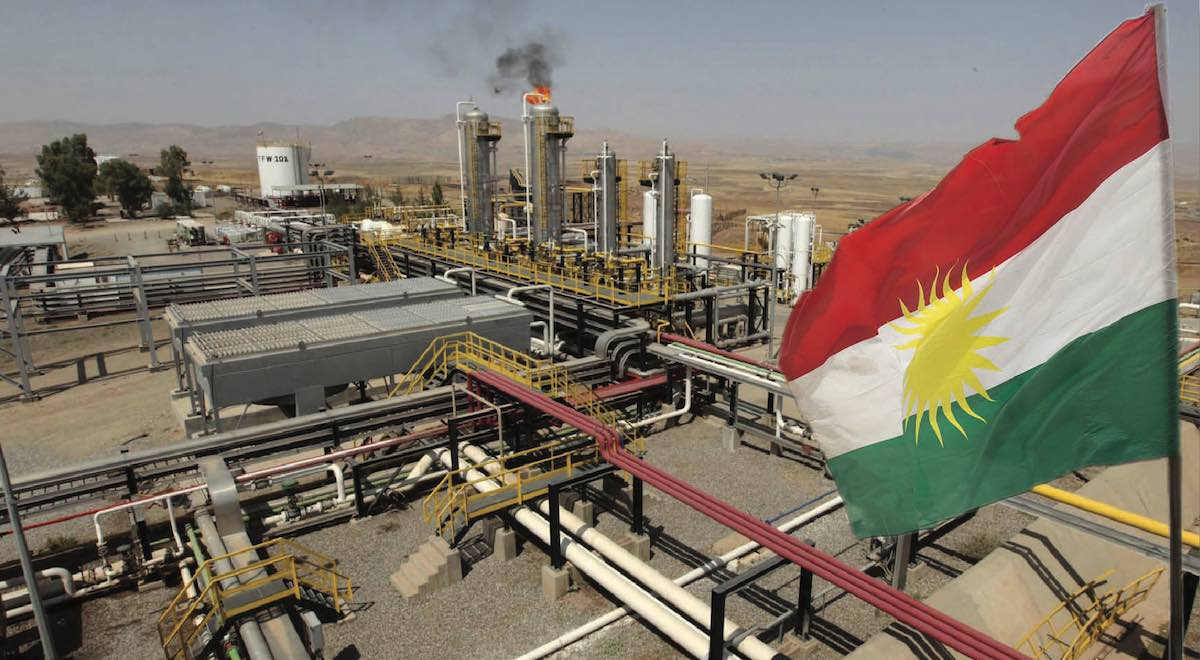
The loan will help finance the ramp up of production at Khor Mor gas plant by 50% to 690 MMcf/d, Dana Gas and Crescent Petroleum said in a Sept. 8 statement.
The $630 million project is the first stage of a two-train expansion plan at Khor Mor that targets ramping up total output to about 1 Bcf/d. Work on the first train resumed in April following COVID-19 related delays and the plant is expected to be complete by April 2023.
In April 2007, Dana Gas and Crescent Petroleum entered into an agreement with the Kurdistan Regional Government for exclusive rights to appraise, develop, produce, market and sell petroleum from the Khor Mor and Chemchemal fields in the region. The other shareholders in the Pearl consortium are OMV, MOL and RWE with a 10% stake each.
Dana Gas is still in talks with Iraq's federal government and other potential buyers for a gas sales agreement for its second train, CEO Patrick Allman-Ward said May 9, as Baghdad seeks to lower reliance on Iranian energy imports.
Dana Gas is in talks with other parties, including Turkish and Kurdish buyers, for a gas sales agreement for the second phase of the expansion, which amounts to 250 MMcf/d, Allman-Ward said at the time. He first mentioned the talks in February.
Two phases
The Khor Mor project includes two phases of 250 MMcf/d that will more than double the asset's production to around 940 MMcf/d of gas from around 440 MMcf/d now, the CEO said at the time.
Federal Iraq imports gas and electricity from neighboring Iran because most of its gas is pumped with oil, which is subject to OPEC+ output restrictions. The federal government's associated gas is also mostly burned, making Iraq the world's second worst gas flaring country after Russia in 2020, according to the World Bank.
Since 2018, Iraq has been receiving waivers from the US government to continue importing Iranian gas and electricity because Tehran's energy sector is under sanctions reimposed by the administration of former President Donald Trump that year.
However, the US is cranking up the pressure on Baghdad to wean itself off Iranian energy imports, which help Iraq avert power shortages that have led to deadly protests in the past. Iran has reduced its gas exports to Iraq, claiming Baghdad failed to pay bills, estimated in the billions of dollars.
Source: spglobal
